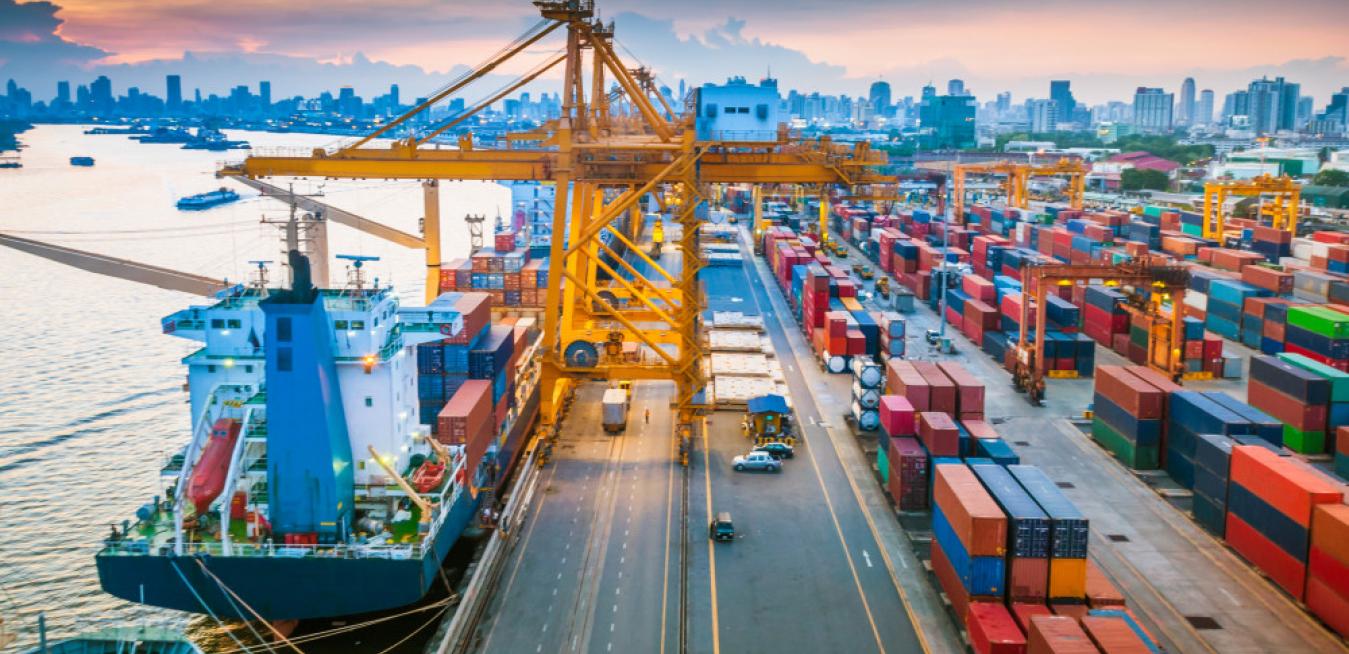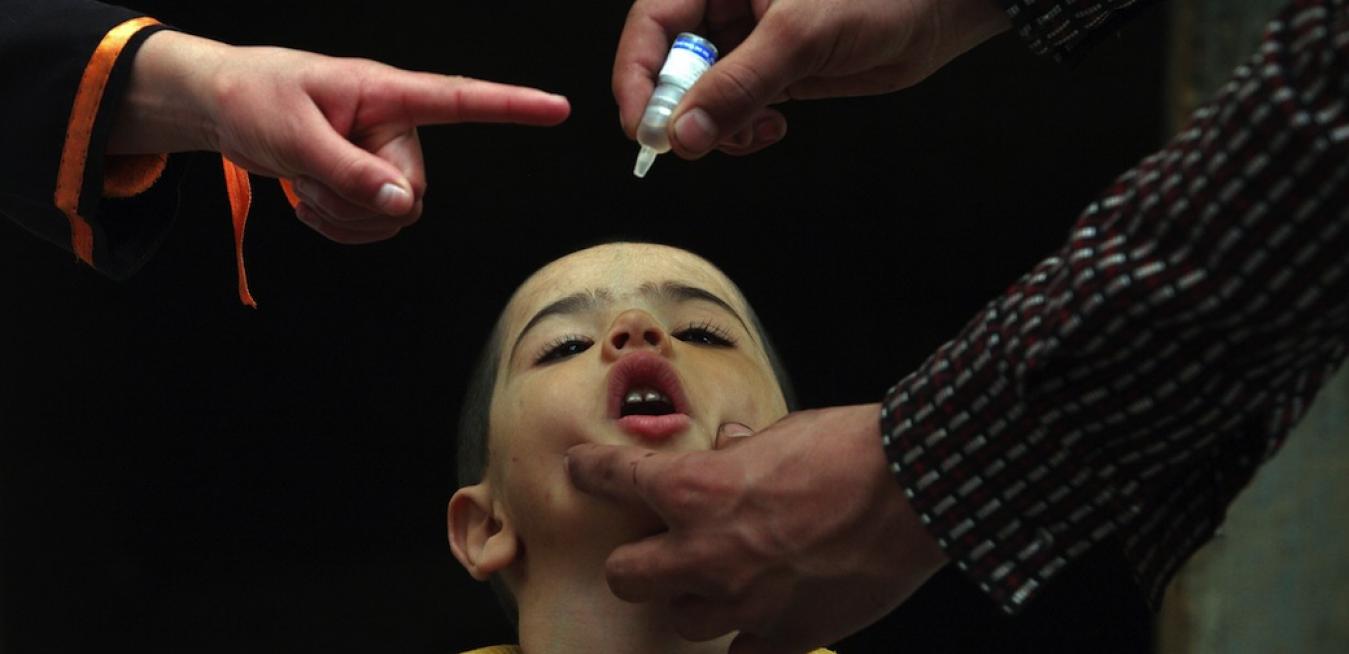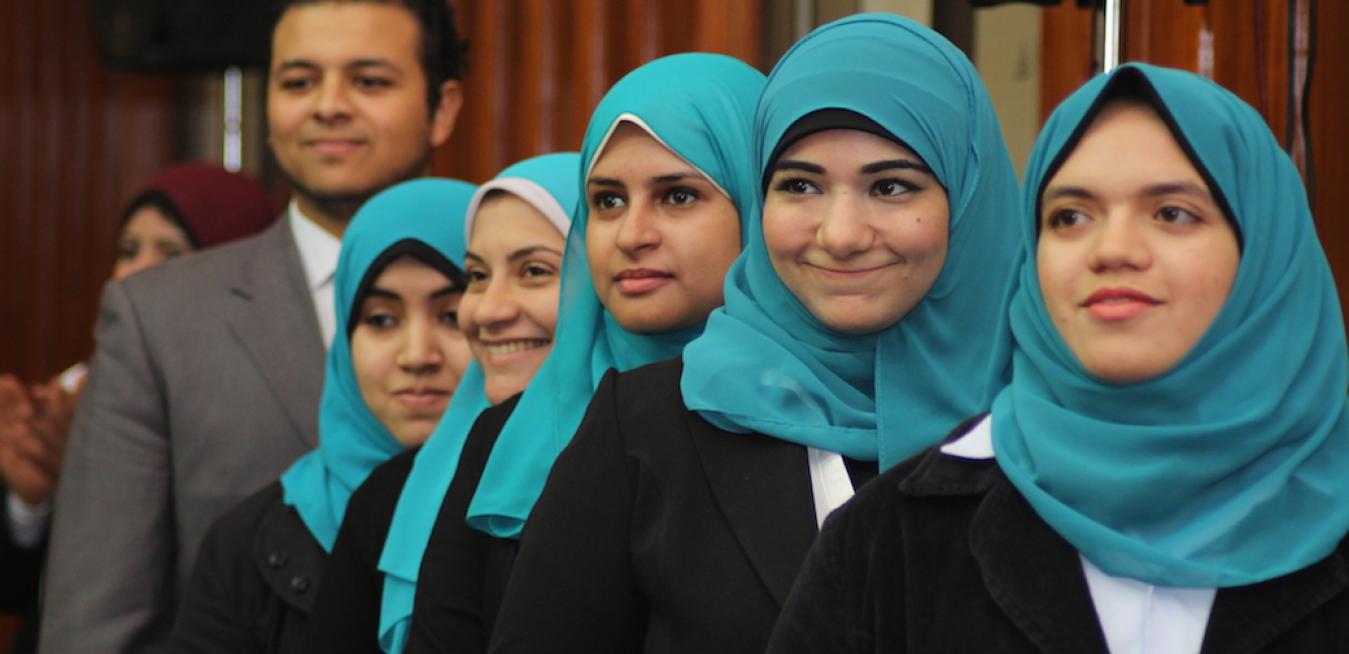Intense debate at the World Economic Forum's annual meeting in Davos this month centered on the global economy and protectionism. Here's what some of the world's leaders had to say about the globalization, whether it's "working" and its future.
Innovation can help tackle some of our greatest global health challenges. But to attract the necessary investment and achieve our goals, we must work together as a global community.
New health technologies improve human health and unlock human potential. From the polio vaccine and antiretroviral drugs to a novel meningitis vaccine and appropriately dosed, child-friendly tuberculosis (TB) drugs, life gets better through innovation.
We are at the start of a power revolution. The coming year presents a number of opportunities to take action to improve global access to electricity.
The world has made great progress over the past several decades. Primary education is becoming almost universal in many regions, child mortality rates have fallen globally, and life expectancy has risen in most countries. To maintain this momentum we need a sustained commitment to invest in infrastructure that provides people access to healthcare, water and most crucially, electricity.
Youth unemployment is a global priority — especially in areas like the MENA region. We need to prepare students for the 4th Industrial Revolution by giving them the skills they need to keep up with technologically advances.
As the world’s top economical thinkers and leaders convene this week at the World Economic Forum in Davos, all the focus will center on the 4th Industrial Revolution — how individual organizations and the world at large are transforming, willingly or not, at the hands of technology.
By creating new ways of learning and working, we not only can close the skills gap — but unlock the economy’s growth potential.
Ask CEOs what their top challenge is and they will tell you: recruiting and retaining skilled talent across their enterprises.














